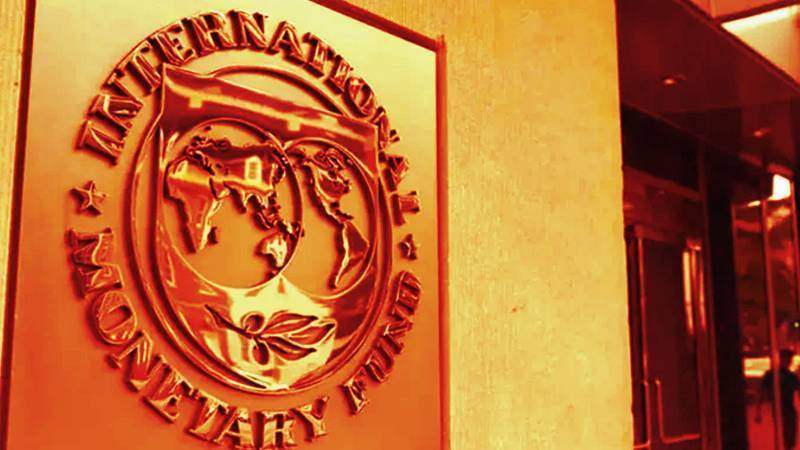
The International Monetary Fund (IMF) has poured cold water over the economic management of the interim government, advising the country to do more to tax the rich while protecting the impoverished and vulnerable, implementing a monetary policy that controls inflation apart from making the necessary improvements in the power sector.
In a briefing by its Communications Director Julie Kozack, the fund said that Pakistan can achieve sustainable growth if it introduces energy-sector reforms and efficiency improvements.
Responding to a question, she reiterated comments made by IMF's Managing Director Kristalina Georgieva that Pakistan must impose more taxes on the rich and get more people to pay tax since its tax to gross domestic product (GDP) ratio was "very, very low".
"Place the burden on the wealthy segments of society," she said while reiterating the statements of the IMF director.
"It's important for, as the Managing Director said, the rich pay their taxes."
She said that a nine-month-long stand-by arrangement was approved on July 12, 2023, worth around $3 billion to support an economic stabilization programme in Pakistan. The programme's objectives were to provide a policy anchor for addressing domestic and external imbalances and a framework for financial support from other donors and multilateral and bilateral partners, including fresh financing and rollovers of debt coming due.
She said that policy efforts must centre on implementing the fiscal year 2024 budget, an appropriate monetary policy aimed at bringing inflation down, and continued reforms to improve the viability of the energy sector.
These reforms ultimately aim to pave the way for higher, more inclusive and more resilient growth.
To support social development and climate resilience, the programme envisaged plans to strengthen public financial management and tax administration efforts and to better prioritize public investment.

